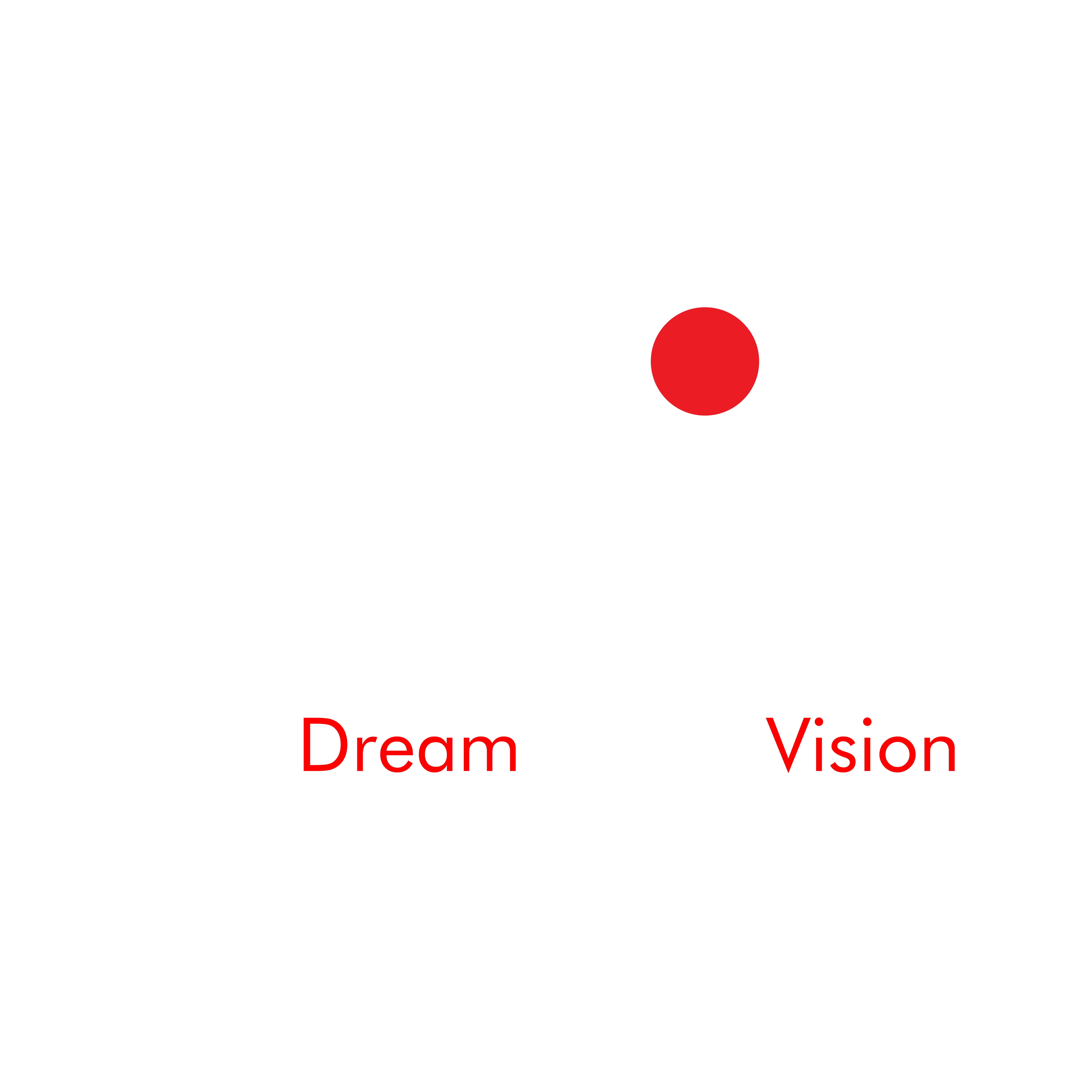In case of sale of your personal information, you may opt out by using the link Do not sell my personal information. How do you choose from so many beautiful flower options?
- Yet, when you are navigating through two completely different cultures, the challenges can often be harder to understand and seem near impossible to overcome.
- As the world becomes more and more internationally connected, the need to understand people from different cultures and how to interact appropriately with them also increases.
- As Abbe states, cross-cultural leadership has developed as a way to understand leaders who work in the global markets.
We can overcome cultural differences by being willing to cooperate with one another and through open communication about our different views and beliefs. Social norms and can significantly impact relationships.
Every culture has some form of friendship, but it’s constructed and viewed differently across cultures. For example, compared to other cultures, Americans often have more friends with greater differences https://zwriters.com/?p=100 between them. Other cultures like Ghana tread more carefully when making friends (Adams & Plant, 2003). Some cultures emphasize intimacy and quality of interactions in their friendships.
Cultural Differences in Relationships Examples
She talks of the “sparks of joy, cultural appreciation and understanding” you can get from skimming through a post – couples recount how they met, personal anecdotes and problems they have encountered and overcome. On Valentine’s Day this year, they went live with the initiative “Love https://www.pilkatrafik.com/italian-women/ Has No Borders” to highlight relationships Language Barrier in Dating Slavic Women: Overcoming Communication Challenges such as theirs, to draw parallels and to connect people in similar situations.
For example, Emotional closeness is often highly valued in many Asian and African cultures. These cultures prioritize the “family self.” This simply means that anything that brings honor to one’s family also brings honor to oneself and anything that shames a child also brings shame to the family. In psychology, cultural differences in relationships are often viewed through the lens of individualist vs collectivist cultures. In psychology, cultural differences in relationships are often viewed through individualist vs. collectivist cultures. As a marriage counselor and couples therapist, l know that all relationships bring a variety of challenges and opportunities for growth. At the same time, some couples — particularly those in intercultural and cross-cultural relationships — get involved in online couples therapy or relationship coaching because they have further to go in bridging the gap.
Create Study Materials
No matter how nice you may be, no matter how much we like you in general, this is not something we can accept in our family. And at this point, you as a couple have to decide whether you’re willing to take the risk, and those are hard questions you will have to ask yourself before you even start this process. Over 10 million students from across the world are already learning smarter.
Understanding that people are different and have different values can be an invaluable tool in the increasingly global market of today. For example, Western cultures favor direct eye contact whereas many Asian cultures find it to be overly aggressive and impolite. These cultural differences can be critical to success and make being able to adapt from one culture to another, known as cultural agility, a powerful business tool. They communicate indirectly to prevent hurting people’s feelings.
The Real Difference Between Personal & Professional Relationships
With individuals who are more relational, bridging the gap may involve both cognitive and affective trust or primarily affective trust. It depends not only on the culture of the person you’re working with but what they’re like as an individual. • Although all cultures experience both kinds of trust, different cultures will favor one kind of trust over the other. When we interact with colleagues, bosses or subordinates from a different culture, I’ve noticed that, aside from varying cultural norms, we may unwittingly assume some level of disconnection. I’d like to explore a more universal barrier that can arise in cross-cultural one-on-one relationships and how we can move past it.
Recognizing that special care needs to be placed on communication and perception skills is crucial in our present professional domain. Managers of today need to employee tools from the psychological and sociological field to be successful.
Try and focus on your partner’s beliefs and opinions and never allow anyone to make up your mind for you. Find out why your partner’s culture has these beliefs or even traditions before comparing your culture to theirs. Face it, your partner has a different culture to you. When someone forms an assumption, it tends to stick in our mind. But, it’s these ‘assumptions’ about your partner’s culture that makes their culture look more scary or even dangerous. These twelve principles give you some pointers about how to think about the experiences you have in new cultures.
New territories introduce new conflicts that you may have never felt the need to discuss before. And with something as sensitive as raising a child, the disagreements can escalate.

